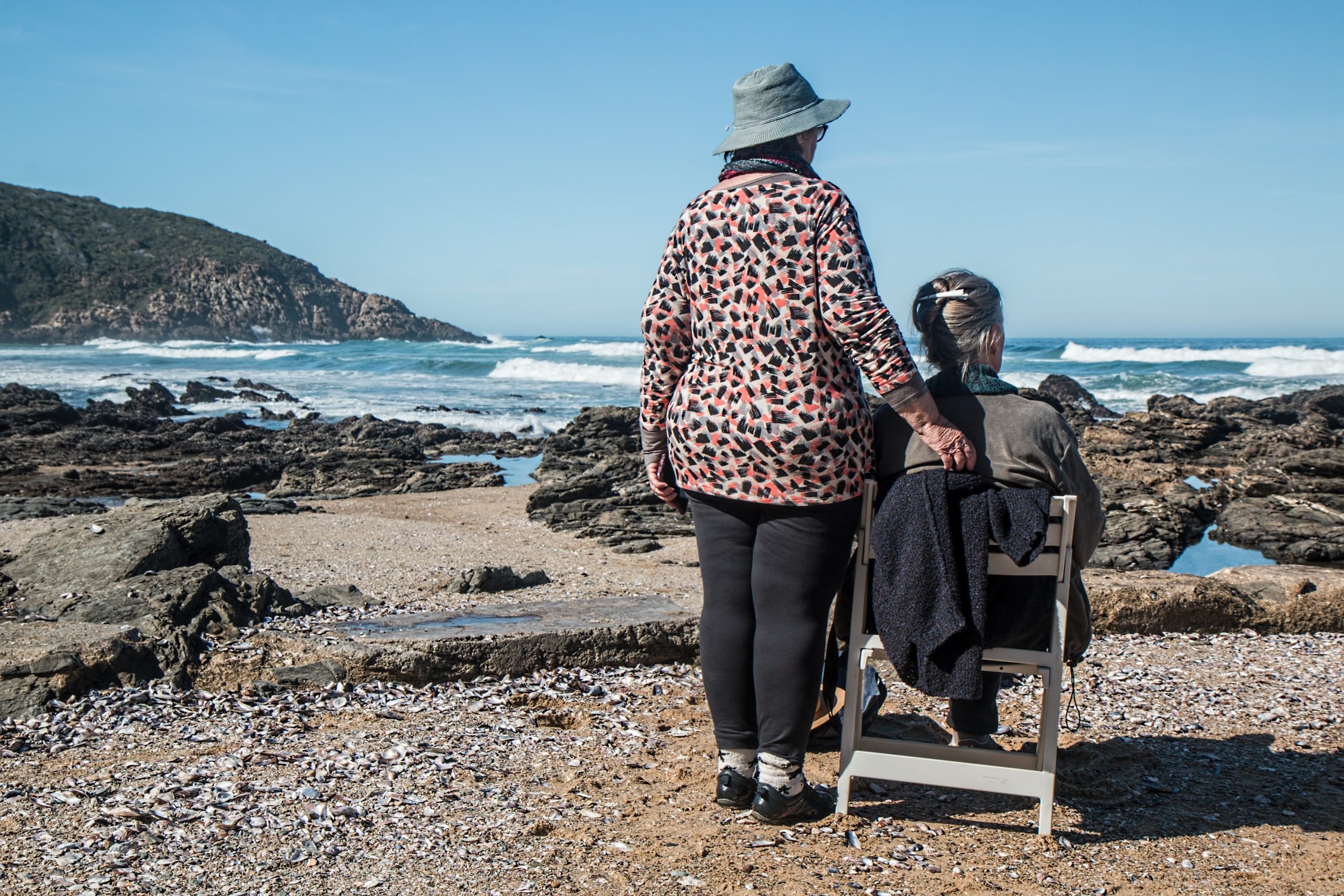The Emotional Toll of Alzheimer’s Caregiving and How to Cope

The image is not directly related to the article. It merely symbolizes the life of elderly people.
The Emotional Toll of Alzheimer’s Caregiving and How to Cope
What is Alzheimer’s disease?
Alzheimer’s disease is a progressive brain disorder that affects memory, thinking, and behavior. The disease is named after Dr. Alois Alzheimer, who first described it in 1906. Alzheimer’s is the most common cause of dementia, a term used to describe a decline in cognitive function severe enough to interfere with daily life.
What is the emotional toll of Alzheimer’s caregiving?
Alzheimer’s caregiving can be emotionally taxing. Caregivers often experience stress, anxiety, depression, guilt, and grief. They may feel overwhelmed by the demands of caregiving and frustrated by their loved one’s changing behavior and personality. Caregivers may also struggle with feelings of isolation and loss of social support.
How can caregivers cope with the emotional toll of Alzheimer’s caregiving?
There are several strategies caregivers can use to cope with the emotional toll of Alzheimer’s caregiving:
- Seek social support from family, friends, or support groups
- Take breaks from caregiving to engage in self-care activities
- Practice stress-reduction techniques like meditation or deep breathing
- Stay physically active and maintain a healthy diet
- Consult with a healthcare professional or therapist for additional support
What are some resources for Alzheimer’s caregivers?
There are many resources available to support Alzheimer’s caregivers, including:
- The Alzheimer’s Association: offers a 24/7 helpline, support groups, educational resources, and online forums
- The Family Caregiver Alliance: provides information, education, and support for caregivers of adults with chronic or disabling health conditions
- The National Institute on Aging: offers information on Alzheimer’s disease, caregiving, and clinical trials
- The Eldercare Locator: connects caregivers with local resources and services
What are some signs that a caregiver may need additional support?
Caregivers may need additional support if they experience:
- Feeling overwhelmed, anxious, or depressed
- Difficulty sleeping or eating
- Increased irritability or anger
- Withdrawal from social activities
- Physical symptoms such as headaches or stomach problems
It is important for caregivers to seek help if they experience any of these symptoms.
What is the importance of self-care for Alzheimer’s caregivers?
Self-care is essential for Alzheimer’s caregivers to maintain their physical and emotional well-being. Caregivers who neglect self-care are at risk for burnout, stress, and other health problems. Taking breaks from caregiving, engaging in physical activity, and practicing stress-reduction techniques can help caregivers manage their own health and better meet the needs of their loved ones.
The image is not directly related to the article. It merely symbolizes the life of elderly people. The Emotional Toll of Alzheimer’s Caregiving and How to Cope What is Alzheimer’s disease? Alzheimer’s disease is a progressive brain disorder that affects memory, thinking, and behavior. The disease is named after Dr. Alois Alzheimer, who first described…
Recent Posts
- Empowering Caregivers: The Best Online and Offline Resources to Enhance Your Skills
- Traveling with a Purpose: The Rise of Volunteer Vacations
- Breaking Stigma: Dispelling Myths about Mobility Aids and Disability
- Avoiding Probate: How Trusts Can Simplify the Estate Settlement Process
- Senior Citizens Beware: Common Financial Scams and How to Stay Protected

